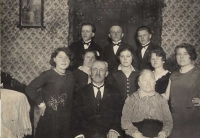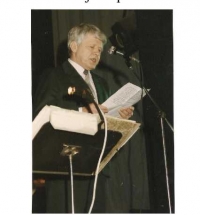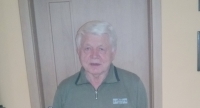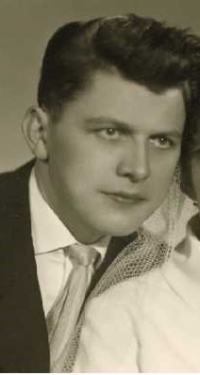Because of the wedding, they said I wouldn’t be allowed to teach any more

Download image
Jiří Hatina was born on August 3, 1947 in Újezd near Hořovice. As a child, he unknowingly damaged his “personnel profile” by taking part in a peasant ride referring to the pre-February protests of farmers in Nechranice. In addition, his aunt, a teacher of religion and a supporter of the People’s Party, was sentenced and imprisoned for two years after the communist coup. Jiří studied mathematics and physics for secondary schools and taught at the secondary school in Hořovice for 49 years. His career was also hindered by a church marriage to the farmer’s daughter.




